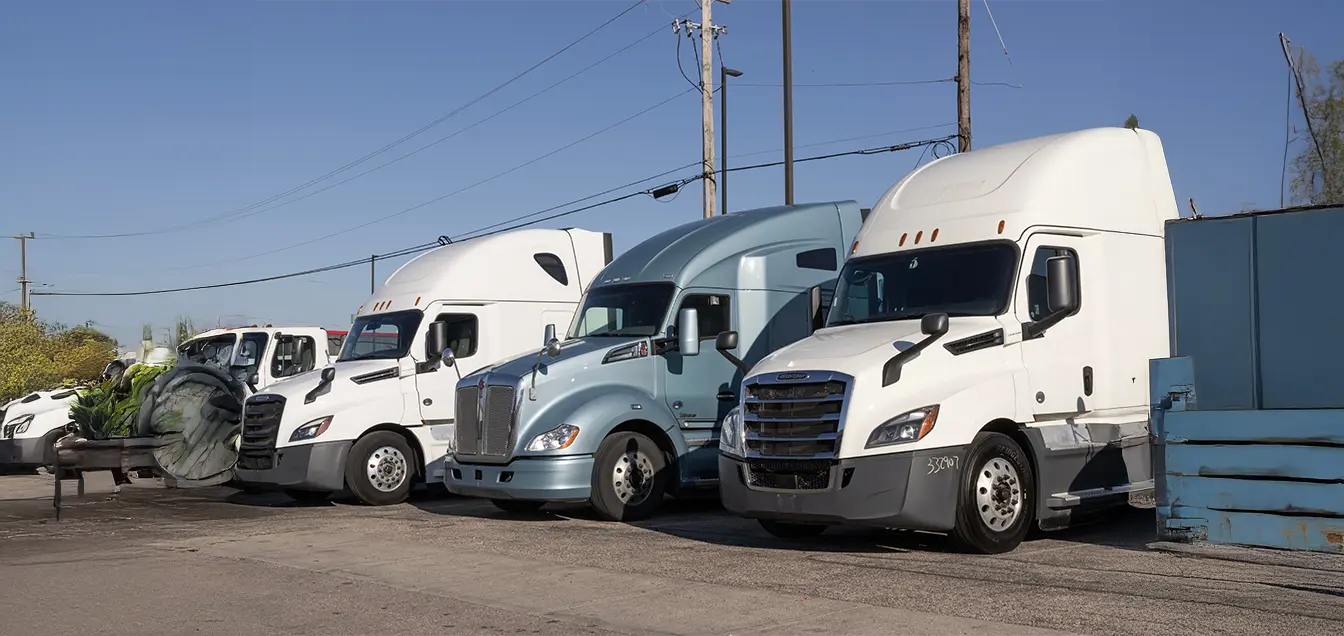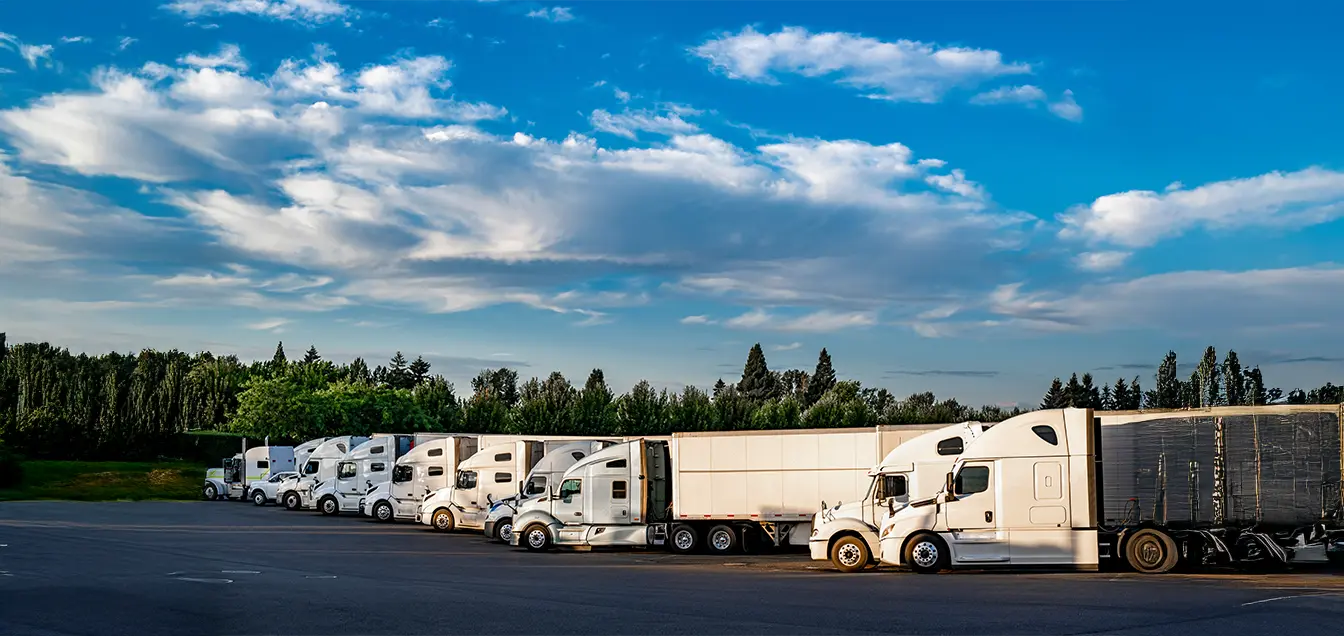When businesses look for affordable and efficient transportation solutions, LTL freight shipping often comes up as a top choice. But what is LTL freight shipping, and why is it so popular among Canadian shippers? This shipping method has transformed logistics by offering flexibility, cost savings, and faster delivery options compared to traditional full truckload shipping. At DelGate, one of the leading Canada 3PL providers, we specialize in helping companies leverage the benefits of LTL shipping to streamline their supply chain.
Table of Contents
LTL Shipping Meaning and the Basics
LTL Shipping Meaning refers to “Less Than Truckload” shipping. Simply put, it’s when multiple shippers share space on the same truck. Instead of paying for an entire trailer, you pay only for the portion your shipment occupies. This makes LTL freight shipping ideal for businesses that don’t need to fill a whole truck.
By consolidating freight from different customers, carriers optimize routes, reduce costs, and make deliveries more sustainable. In Canada, this is especially valuable because vast distances often make shipping expensive.
How Does LTL Freight Shipping Work?

Understanding what is LTL freight shipping starts with knowing the process. Here’s how it typically works:
- Booking – You provide shipment details such as weight, dimensions, and destination.
- Pick-up – The carrier collects your goods, often combining them with other LTL shipments.
- Sorting & Consolidation – Freight is brought to a hub, sorted, and loaded for the most efficient route.
- Transport – The truck travels to its destination, making deliveries along the way.
- Final Delivery – Your shipment arrives at the receiver’s location.
Because shipments are combined, LTL often includes cross-docking services in Canada to quickly transfer goods between trucks and reduce storage time.
LTL vs FTL – Which is Right for You?
When comparing LTL and FTL, the main difference lies in truck space usage. Less than truckload shipping is cost-effective for small to medium shipments, while FTL is ideal for high-volume loads requiring direct transit.
For example:
- LTL Shipment: 4 pallets of goods going to different cities.
- FTL Shipment: A full truck of goods heading to one destination.
Businesses that use a trucking logistics company like DelGate can often mix strategies, choosing the best option depending on their needs.
Advantages of LTL Freight Shipping in Canada

Here’s why many businesses choose LTL freight shipping:
- Cost Savings – You pay only for the space you use.
- Flexibility – Ideal for regular small shipments.
- Efficiency – Shared transport reduces carbon footprint.
- Network Reach – Many carriers offer the fastest shipping in Canada through optimized routing.
Additionally, pairing LTL with Flat Rate Shipping in Canada can make costs predictable and budgeting easier.
LTL Shipping and Distance Costs
In such a vast country, freight rates are crucial. Many carriers calculate trucking rates per km Canada, which means shipping shorter distances saves even more with LTL. Businesses using LTL benefit from consolidated routes, which minimize total kilometers driven per shipment.
Specialized Services That Enhance LTL
DelGate offers additional logistics solutions that make LTL even more effective:
- Transloading in Canada – Transfer freight between truck, rail, or ship without storage delays.
- Pick and pack fulfillment center – Perfect for e-commerce orders that require sorting and packaging before shipping.
- Two-day shipping – Available on select LTL lanes for urgent deliveries.
These services allow businesses to combine speed and efficiency without paying full truckload rates.
How DelGate Delivers the Best LTL Cargo Solutions

As one of the most trusted LTL Shipping in Canada providers, DelGate has built a strong network of carriers and hubs. Our LTL cargo service focuses on minimizing transit times, protecting goods in transit, and offering clear tracking updates.
We understand that every shipment matters—whether it’s a small box or several pallets. By integrating LTL freight shipping with our advanced logistics technology, we help companies manage costs while improving delivery reliability.
Choosing the Right LTL Partner
Not all LTL providers are equal. When choosing a partner, look for:
- Coverage across major Canadian cities and rural areas.
- Transparent pricing and competitive trucking rates.
- Extra services like cross-docking, transloading, and fulfillment.
- Strong customer support for shipment updates.
At DelGate, our expertise as a trucking logistics company ensures every customer receives tailored solutions.
The Future of LTL Freight Shipping in Canada
The demand for LTL will continue to grow as businesses look for more flexible, eco-friendly shipping. With technology, route optimization, and sustainable practices, LTL freight shipping will become even more cost-efficient.
DelGate is committed to staying ahead by expanding our network and offering innovative services that give customers a competitive edge.





